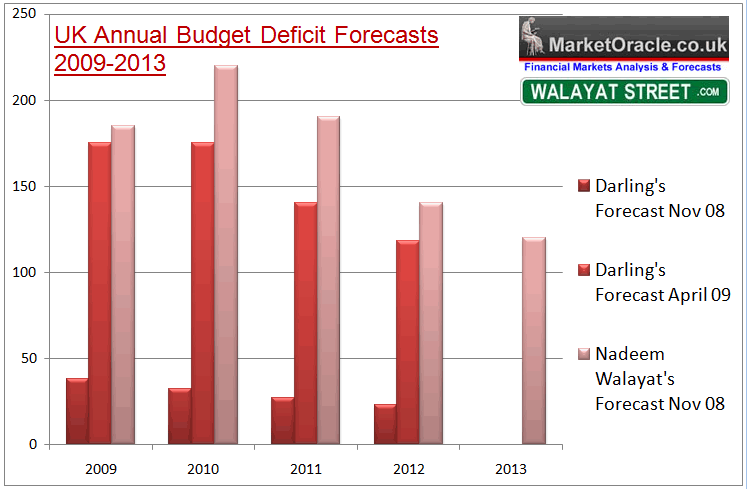March 10th 2010
Pound Falls, but may be Oversold
One of the pitfalls of forex blogging (or all financial reporting for that matter) is that it’s inherently after-the fact. In other words, any information about the past – while relevant – is inherently useless, since it has theoretically already been priced into the asset (or currency in this case). Before I begin my post on the Pound’s recent decline and the factors that wrought it, then, I wanted to offer the caveat that in analyzing past events, we must simultaneously look to the future.
Anyway, for anyone watching the Pound Sterling over the last month, its performance has been startling. It is down 7.5% for the year already (we’re only in March!), and has fallen 12% from its August peak of 1.70 USD/GBP. This represents an unbelievable about-face, as the Pound spent much of 2009 floating upwards following its lows from the credit crisis.

What’s behind the decline? In short, economics and politics, or more precisely, the junction of economics and politics. As the British economy began its recovery from recession, analysts began to turn their attention to UK government finances. Another way of looking at this would be to say that analysts have shifted their gaze from the positive effect of government intervention (i.e. economic recovery) to the many lasting negative effects. Inflation and government solvency, of course, are the two most pernicious of the bunch.
The Bank of England’s quantitative easing program was comparable to the Fed’s program in relative terms, and in the aftermath of all of that money creation, inflation is slowly creeping up. The government’s free spending also contributed, and now, so is the sinking Pound, as prices for commodities and other imports are rising fast in local currency terms. Speaking of government spending, the UK government budget deficit is projected at 12% for 2010, slightly higher than 2009. You can see from the chart below that budget deficits are forecast to remain large for the next few years. Expectations are so low, in fact, that a reduction in the deficit to 3% of GDP by 2014-2015 would be viewed as a victory.

Naturally, the UK government feels some pressure to reduce its deficit, both for the sake of financial solvency and to control inflation. The problem is that an election must be called before June, and until then, there is natural pressure to continue operating the money printing presses 24/7 in order to appease the voting public. The same goes for the Bank of England; it can’t be expected to tighten monetary policy and/or reverse quantitative easing until after the election.
I’m not going to pretend that I understand British politics, but from what I’m hearing, it seems the problem is that the election polls are now very close. Previously, a major victory by the Conservative Party was seen as inevitable, and this was viewed positively by financial markets because of the expectation that they would rein in spending. Recently, the incumbent Labour Party has closed the gap, to the extent that a hung Parliament is now a likely outcome. This would be even less desirable than an outright Labour victory, because the sharing of power would make it unlikely that reforms of any kind would be enacted. With regard to forex, some have posited an inverse correlation between the rising popularity of Labour and the falling Pound.
With the crisis in Greece still unresolved, analysts are also making comparisons to the UK. Some have suggested that if Greece were to receive a bailout, then, investors would turn their attention to the UK, whose finances are in equally bad shape. Without the protection of the Euro, the Pound would be open to speculative attack. On the other hand, that the (declining) Pound is independent from the Euro could become in advantage, if it boosts exports.
Going forward, it’s difficult to make any predictions until after the elections and/or the government makes a firm commitment to reduce spending and lower its deficit. Some analysts think that regardless, the Pound is doomed to continue falling, perhaps all the way to the $1.40 mark. Others see the current decline as the “darkness before the dawn.” As I noted in the introduction to this post, the latter could certainly be right. Besides, most of the uncertainty has probably already priced in. While most of the factors currently weighing on the Pound are bearish, some contrarian investors might see this as a good opportunity to buy. And who’s to say they’re wrong?



